Protect Yourself from Locksmith Scams--Know Your Locksmith
Hi! I'm Bill Stringfellow from KwikPick Lock and Safe.
One of the striking contrasts in the locksmith industry is the number of bait and switch scams which come up at the top of the Google search page for ‘locksmith’ in virtually every big-city zip code. When a victim calls for help, an operator will answer, one who can’t provide any helpful information, other than just being the dispatcher. In fact, one of the tip-offs the locksmith might be sketchy is if the operator answers the phone with the word, “Locksmith,” instead of a proper business name. The second tip-off it might be a scam is that the operator can’t offer an ironclad quote over the phone, which a reputable locksmith will always do, because a professional locksmith knows how he is going to get into your home or car before he arrives on scene.
Once the call is made, the dispatcher sends the high pressure ‘locksmith’, who arrives, only to insist that the job can’t be done for the low price, because of the model of the car or he will claim the door has a specialty lock which will have to be drilled. (Trust us, if you have a specialty lock, you paid a lot of money for it and know what you have.) Typically, if you agree to allowing him to do the job, he may even tell you he only accepts cash or that the credit card machine isn’t working.
Many people, already unnerved by being locked out of their car or home, possibly cold, hungry, tired, or embarrassed, will agree to the scammer’s demands, not realizing that they’re being ripped off. The scam artists know this, because they’ve tailored this particular scam around human nature. In fact, if the customer refuses to pay the bill, some of these scammers will threaten to call the police or take the victim to court.
So, in conclusion, these are the steps you need to take to protect yourself and your property from a scam or shoddy locksmith:
1) Know your locksmith before you need him. Know his name and his face. Keep his number in your phone. If you’re in a strange city and need to use a locksmith, check out reviews for the business and make sure that he doesn’t have complaints which claim he overinflated a price after the fact or did anything else which might be construed as shady. Check his car or truck to make sure the business name is on it.
2) Look up the locksmith’s address online to make sure it isn’t a false storefront operation. The business should be listed there. If he says he operates out of his home, that is credible, since many do, but his name should show up on the address.
3) Verify the legal name of his business and if he won’t tell you or hesitates, call someone else, instead.
4) Ask a price estimate when you call (including ALL possible exceptions such as mileage, night price, or any other mitigating factors) and then verify that quote again when the locksmith arrives.
5) Have a written estimate in your hand before he performs any work. If the price changes when he arrives, send him away.
6) Ask him for his identification. A locksmith will carry his credentials with him, and if it’s one of the states that require a locksmith to be licensed, he will have that. If it’s not a state that requires it, and he pretends he’s licensed in that state, pass on letting him do the job, especially if it’s late at night and you need him to unlock your home.
7) Beware of the locksmith who doesn’t ask for your I.D. He is trained to make sure you have the authority to ask him do the work. If your wallet is locked in the car, he is required to check it or call the authorities if you aren’t who you say you are.
8) He should give you an itemized receipt. If he doesn’t give you one, ask for it.
Now that you don’t have to worry about being scammed because you know your locksmith, do your friends a favor and share that information with them. Word of mouth is what puts many a small business on the map.
Kwik Pick Lock and Safe now offers U-Haul services along with FREE lockout service for children or pets. If you need an auto locksmith, residential locksmith, security door installation, commercial locksmith, or safes and vaults for your Surprise, El Mirage, or Phoenix home, business, or auto, call today at 623-300-1889.

